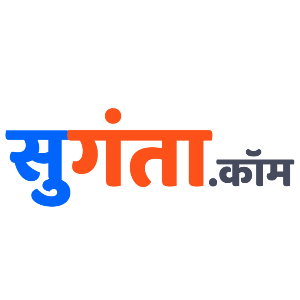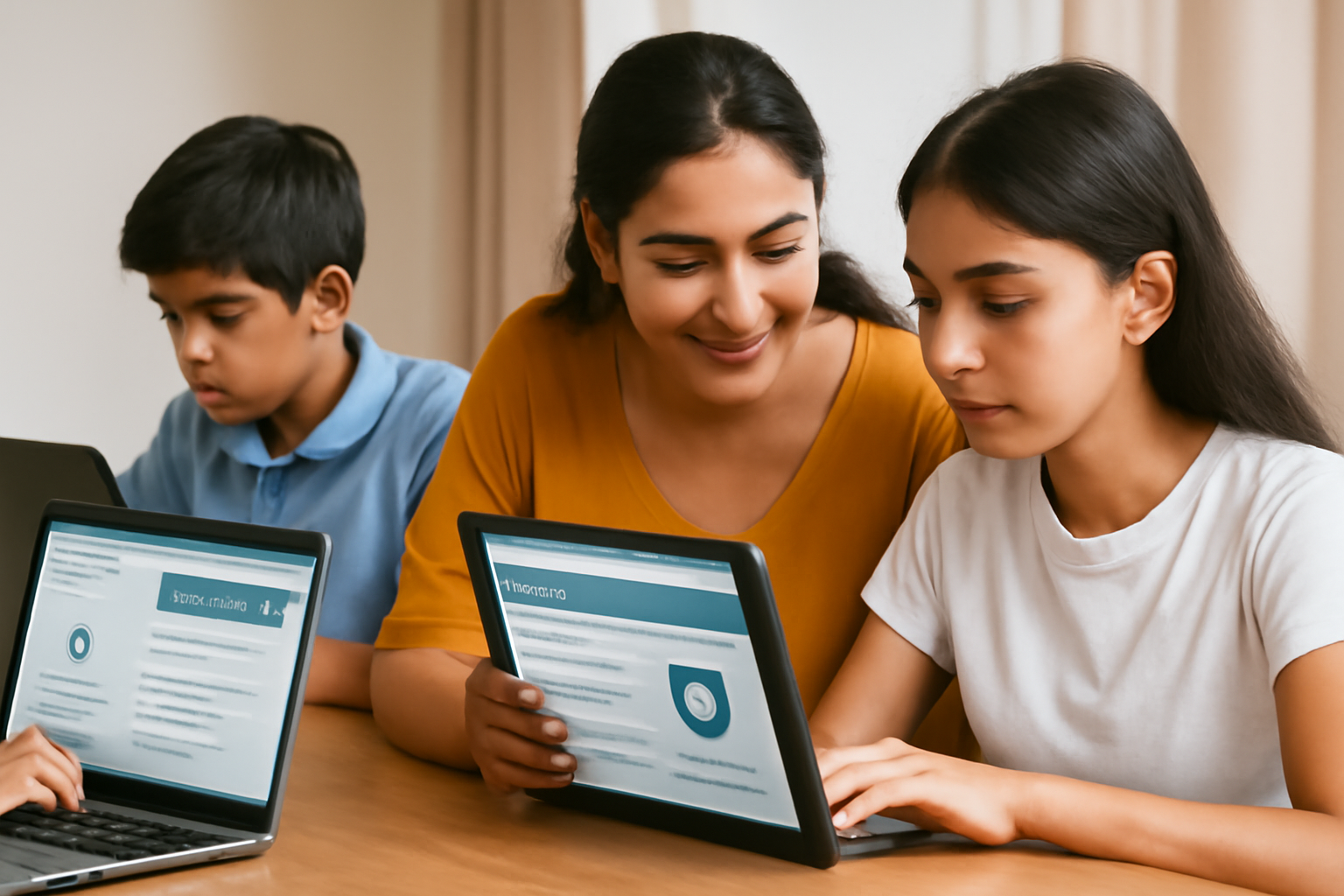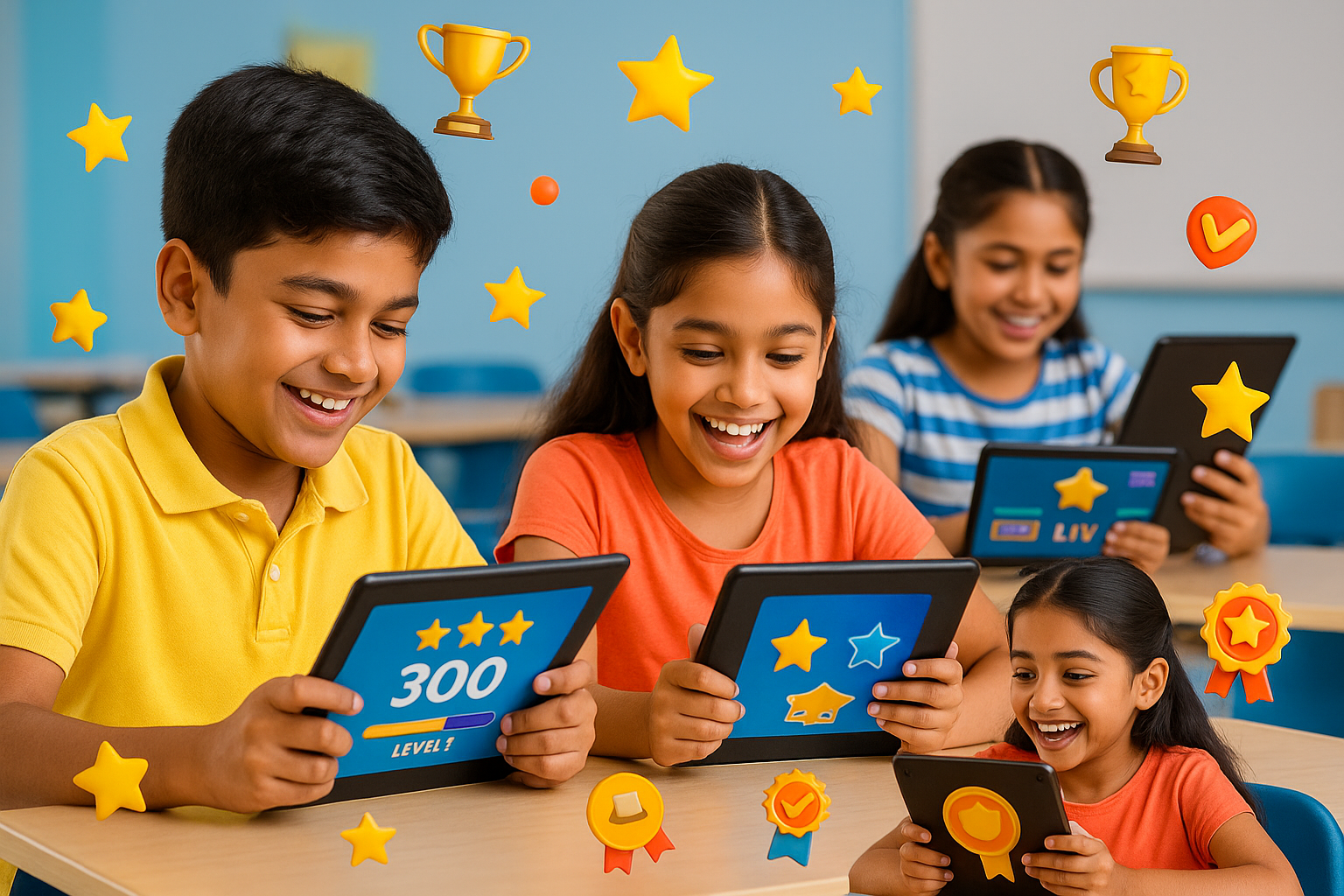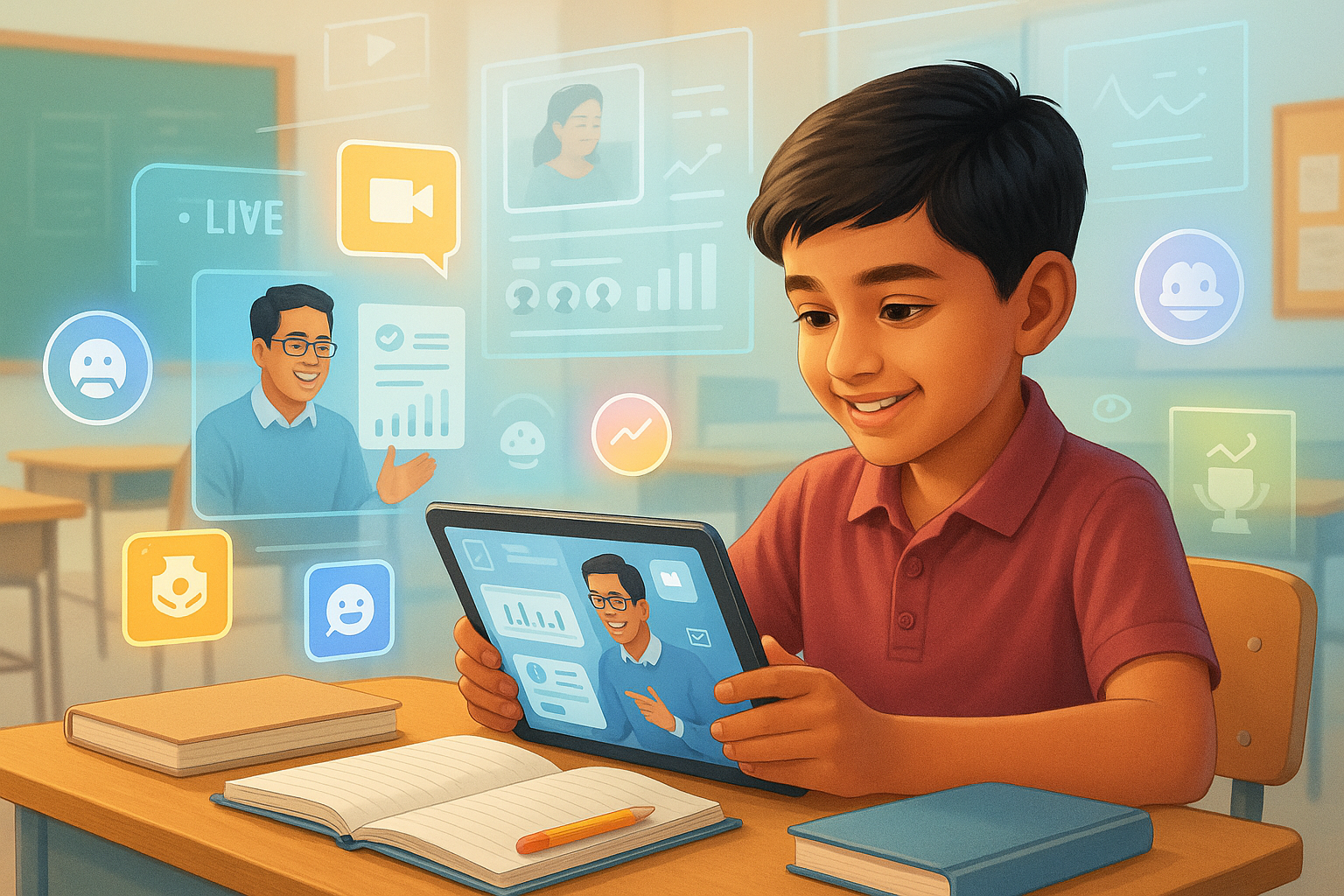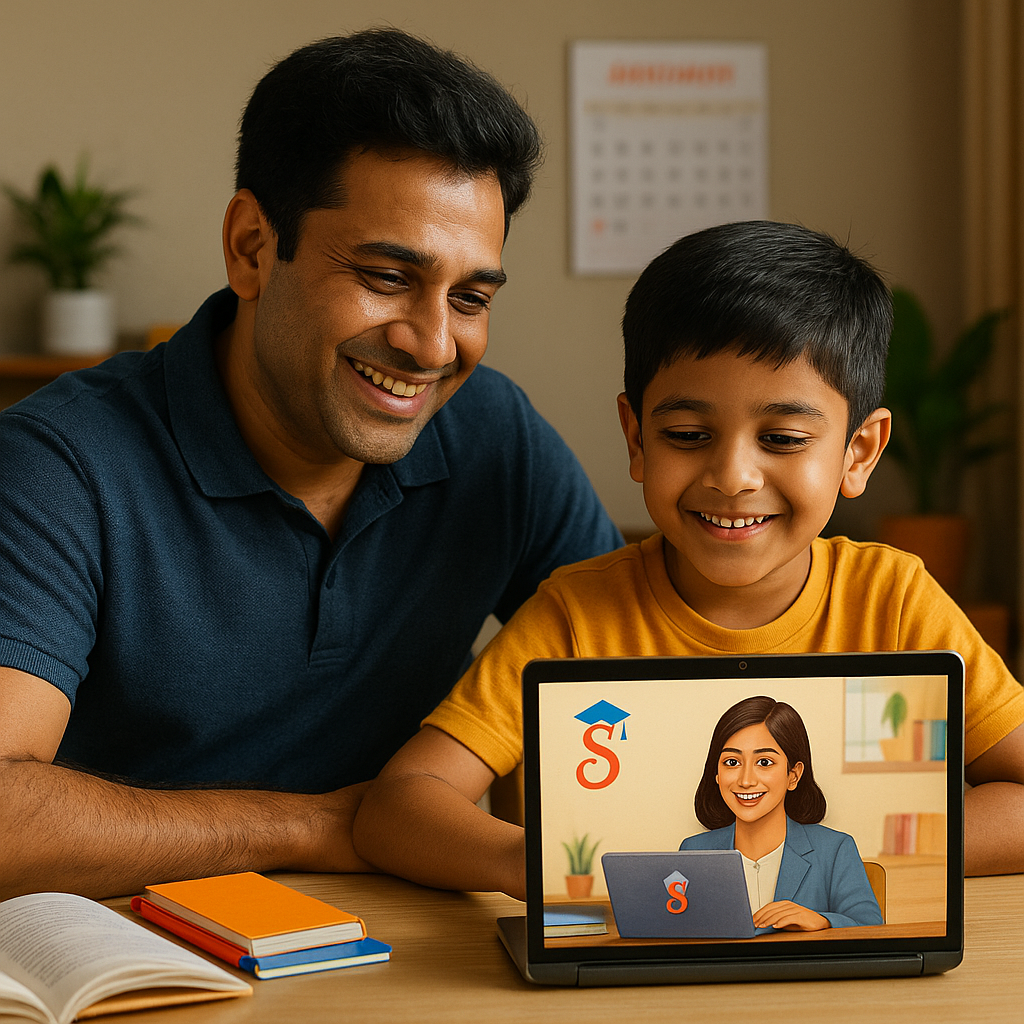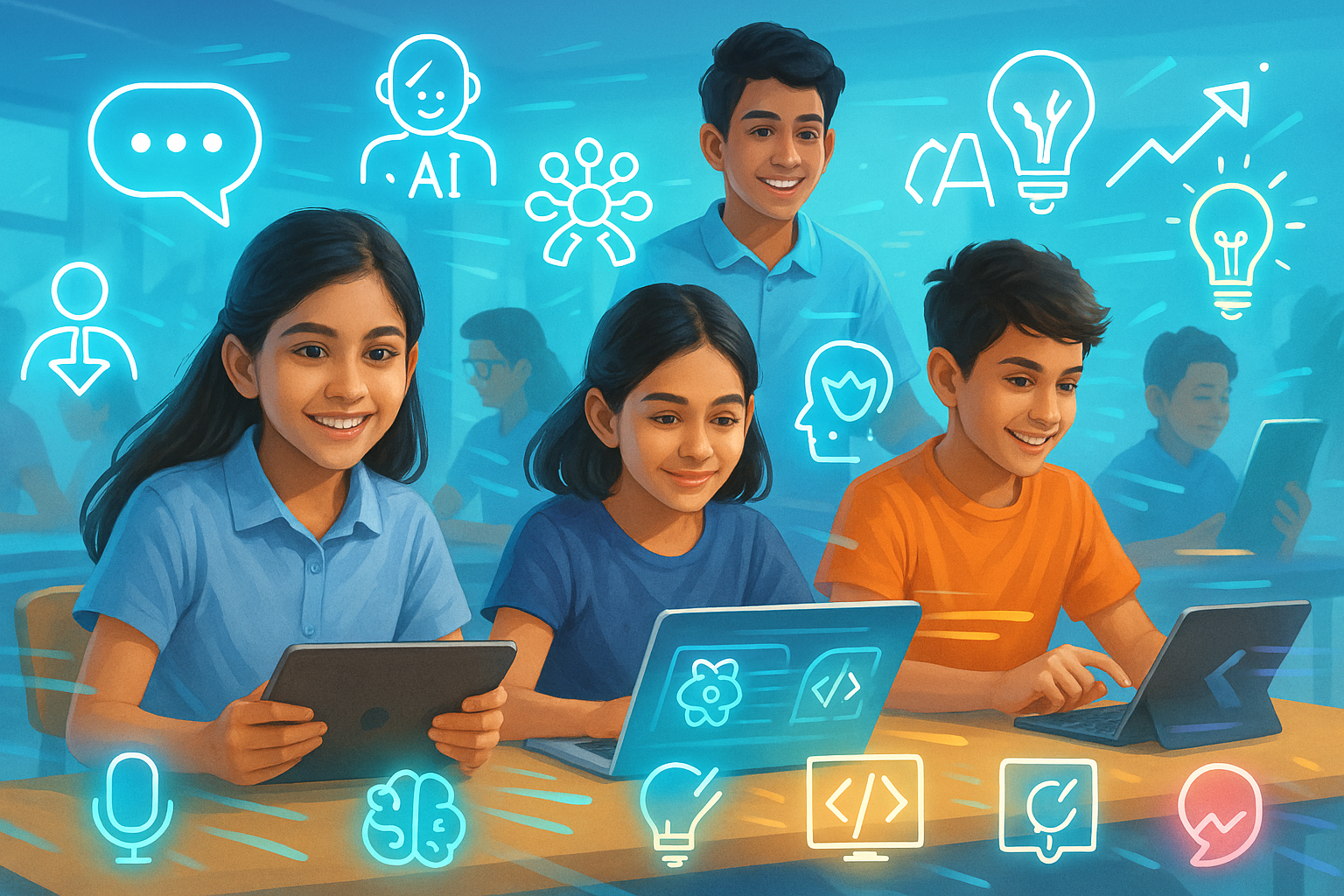Digital Literacy for School Students: A Must-Have Skill in 2025
📘 Introduction
In an era where students are using smartphones before they can write cursive, the ability to use technology wisely, safely, and effectively has become a core life skill. This is digital literacy—and in 2025, it’s as important as reading and math.
From online classes to research assignments and collaborative tools, students today engage with digital platforms daily. But knowing how to use a phone or a laptop isn’t enough. Digital literacy is about using technology smartly and responsibly.
In this blog, we’ll explore what digital literacy truly means, why it’s essential in 2025, and how SuGanta is helping students become confident, safe, and future-ready digital learners.
💡 What is Digital Literacy?
Digital literacy goes far beyond just “knowing how to use a device.” It means:
- Navigating websites and apps efficiently
- Understanding how to evaluate online information
- Knowing how to protect one’s digital identity
- Communicating respectfully and safely online
- Using tech tools to learn, collaborate, and create
In short, digital literacy is the ability to think critically in the digital space.
🚨 Why It Matters More Than Ever in 2025
1. Students Are Constantly Online
With online classes, homework apps, YouTube learning channels, and even social media study groups, students now live in a digital environment. If they don’t know how to operate in that space effectively, they risk falling behind—or worse, being misled.
2. AI and Technology Are Evolving Rapidly
Today’s students aren’t just using Google; they’re interacting with AI tutors, adaptive learning platforms, and smart assistants. Understanding how these tools work helps them use tech meaningfully, not mindlessly.
3. Cyber Threats are Real
From data leaks to fake news and online bullying, the risks of the internet are rising. Students need to learn how to:
- Recognize scams
- Create strong passwords
- Protect their personal information
- Identify misinformation
🎯 Core Digital Literacy Skills Every Student Should Have
✅ 1. Online Safety & Privacy
Understanding what personal information not to share, how to spot phishing attempts, and using privacy settings wisely is non-negotiable today.
✅ 2. Critical Thinking
Not every link, article, or video on the internet is true. Students must learn to question the source, cross-check facts, and identify bias.
✅ 3. Digital Communication
Knowing how to write respectful emails, participate in class chats, or post responsibly on social media builds strong digital citizens.
✅ 4. Media Literacy
Students should be able to analyze what they see online—ads, influencers, trends—and understand the difference between content and manipulation.
✅ 5. Tech Fluency
From using cloud storage to basic spreadsheet handling and online collaboration tools like Google Docs or Zoom—every student should be tech-operational.
👩🏫 How SuGanta Teaches Digital Literacy
At SuGanta, we don’t just focus on academic subjects—we focus on helping students grow into confident, capable digital citizens. Here’s how:
1. Integrated Digital Skills Modules
Our learning tracks include interactive lessons on:
- Recognizing safe vs. unsafe sites
- Email and chat etiquette
- File organization and online collaboration
2. Live Mentor Support
Students can ask questions about online issues during or after class. Whether it’s about scams, screen time balance, or digital tools, SuGanta mentors guide responsibly.
3. Gamified Quizzes & Challenges
Learning about online safety doesn’t have to be boring. Our platform features fun challenges like:
- Spot the fake website
- Build a secure password
- Fact-check the news quiz
4. Parent Alerts & Digital Safety Tips
We help parents stay informed by sending weekly tips about:
- Safe browsing
- Child-friendly apps
- Monitoring online behavior gently
🌐 Real-World Impact: Why Students Need Digital Literacy
Let’s say a student is researching a project on climate change.
A digitally literate student checks multiple sources, reads scientific articles, cites sources properly, and organizes their findings into a Google Slides presentation.
A digitally unaware student may copy-paste from the first site they find, fall into biased content, and struggle with formatting or uploading.
This difference isn't about intelligence—it’s about digital skill training.
👦 SuGanta Student Stories
💬 Arnav, Class 8
“I learned how to make a secure password and avoid spam links. Before SuGanta, I clicked on everything!”
💬 Myra, Class 10
“I used to get confused with file types and project submissions. Now I can share folders, track changes, and submit work smoothly.”
These real examples show how digital literacy improves both confidence and classroom performance.
🔮 Future Careers Demand Digital Literacy
- Whether your child wants to be a doctor, journalist, artist, or engineer, digital fluency will be key.
- Most job interviews today happen over Zoom. Resumes are shared via cloud drives. Projects are presented using digital tools. Early exposure to these tools = future readiness.
SuGanta equips students not only for academic success but also for life in the digital economy.
